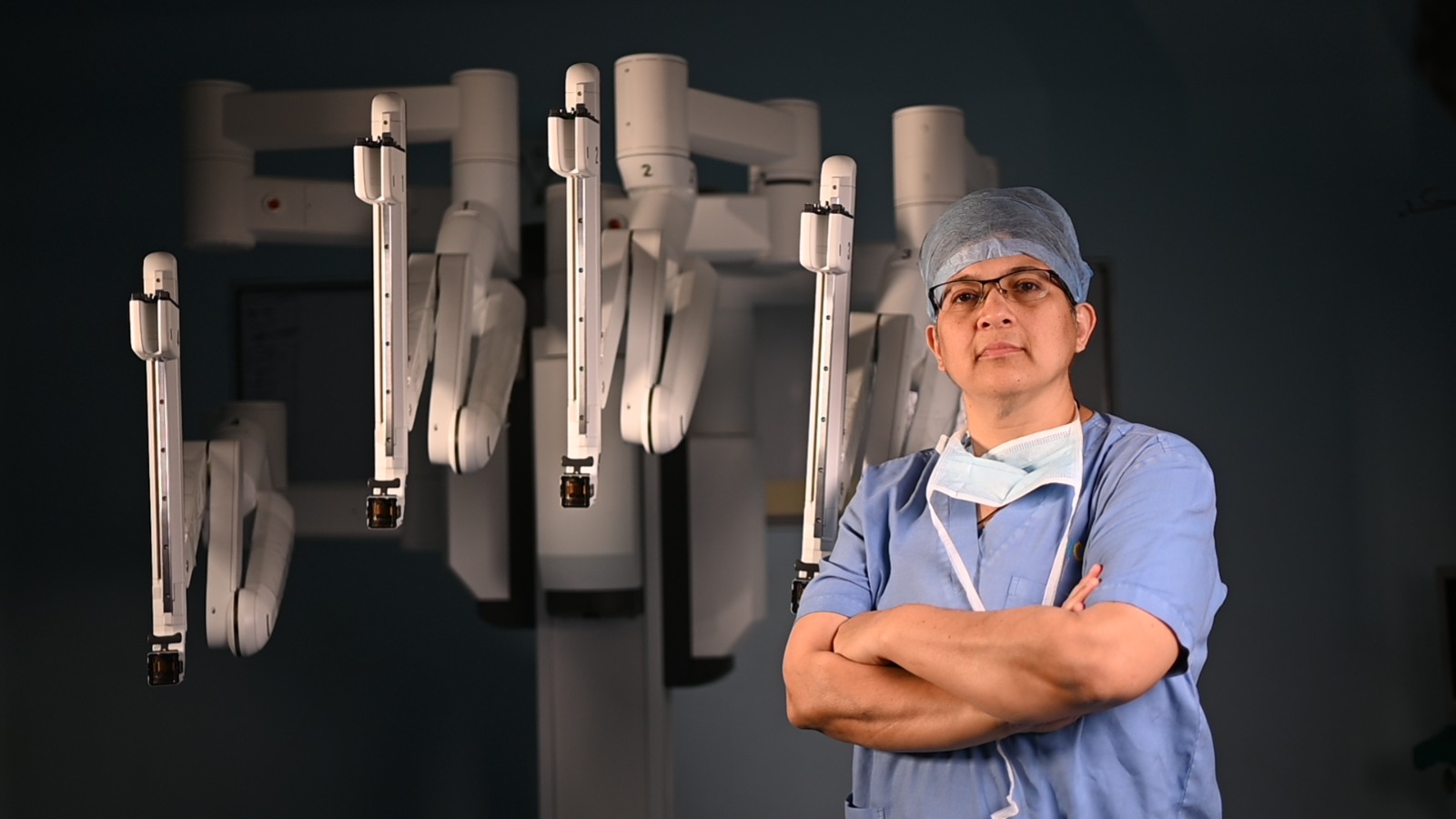The integration of artificial intelligence (AI) into healthcare represents a transformative leap in the way medical diagnostics and patient monitoring are approached. By harnessing the power of machine learning, predictive analytics, and real-time data processing, healthcare professionals are better equipped to deliver precise diagnoses and ongoing patient care. This article explores the advancements in AI-powered diagnostics and the enhancements in patient monitoring through intelligent AI solutions, highlighting the innovative impact on healthcare delivery.
Advancements in AI-Powered Diagnostics for Healthcare Innovation
The deployment of AI technologies in medical diagnostics has led to significant improvements in accuracy and efficiency. Machine learning algorithms can analyze vast datasets, identifying patterns and anomalies that may not be readily apparent to human clinicians. For instance, AI systems have demonstrated superior capabilities in imaging diagnostics, such as detecting tumors in radiology scans with a level of precision that rivals or even surpasses that of experienced radiologists. This shift not only accelerates the diagnostic process but also enhances early detection, which is crucial in diseases like cancer.
Moreover, AI-powered diagnostic tools are increasingly being utilized in the realm of genomics. Advanced algorithms are capable of interpreting complex genetic data, enabling personalized medicine approaches tailored to individual patient profiles. This precision medicine paradigm can optimize treatment plans based on a patient’s genetic makeup, leading to better outcomes and minimizing adverse effects. As AI continues to evolve, it is expected to play a pivotal role in deciphering the intricate relationships between genetics, environment, and disease.
Additionally, AI-driven diagnostic solutions are helping to bridge gaps in rural and underserved areas. With the ability to provide remote diagnostics through telehealth platforms, patients who may have previously lacked access to specialized care can receive timely evaluations. AI can facilitate preliminary assessments through chatbots and automated systems, ensuring patients receive appropriate follow-up care promptly. This democratization of healthcare services exemplifies how AI innovations can enhance healthcare equity.
Enhancing Patient Monitoring Through Intelligent AI Solutions
Patient monitoring has benefitted tremendously from AI technologies, particularly with the advent of wearable devices and remote monitoring systems. These intelligent solutions leverage real-time data collection from patients’ daily activities, biometric data, and vital signs to provide continuous feedback. By employing AI algorithms, healthcare providers can monitor patients for critical changes that may signal deteriorating health conditions, enabling proactive interventions before complications arise.
AI-powered patient monitoring systems also enhance patient engagement and adherence to treatment regimens. Mobile applications integrated with AI can send reminders for medication, and appointments, and even provide personalized lifestyle recommendations based on the patient’s health data. This proactive approach fosters a partnership between healthcare providers and patients, empowering individuals to take an active role in managing their health and well-being.
Furthermore, AI technology can analyze aggregated patient data to identify trends and predict future health outcomes. For example, machine learning models can evaluate historical data from patients with chronic conditions to forecast exacerbations or hospitalization risks. This predictive capability allows healthcare systems to allocate resources more effectively, target high-risk patients for preventive care, and ultimately improve patient outcomes. The integration of AI in patient monitoring not only enhances the quality of care but also contributes to more efficient healthcare systems.
The advancements in AI-powered diagnostics and patient monitoring herald a new era of innovation in healthcare. From improving diagnostic accuracy and enabling personalized treatment plans to enhancing patient engagement and proactive care management, the benefits of AI are profound and multifaceted. As these technologies continue to evolve and integrate into everyday healthcare practices, they hold the promise of improving health outcomes, increasing efficiency, and fostering a more patient-centered approach to medical care. The future of healthcare, buoyed by AI, is not just about technological advancement; it is about transforming lives through better health management.




